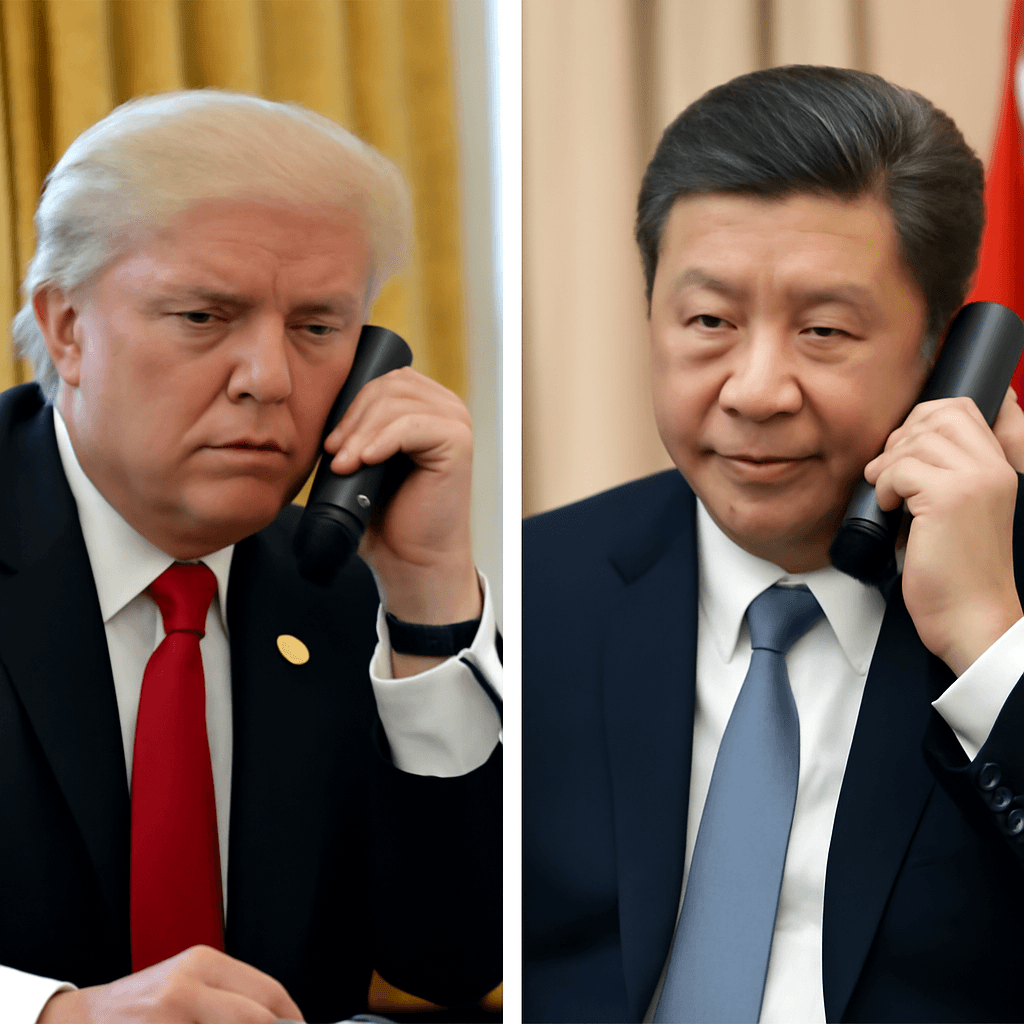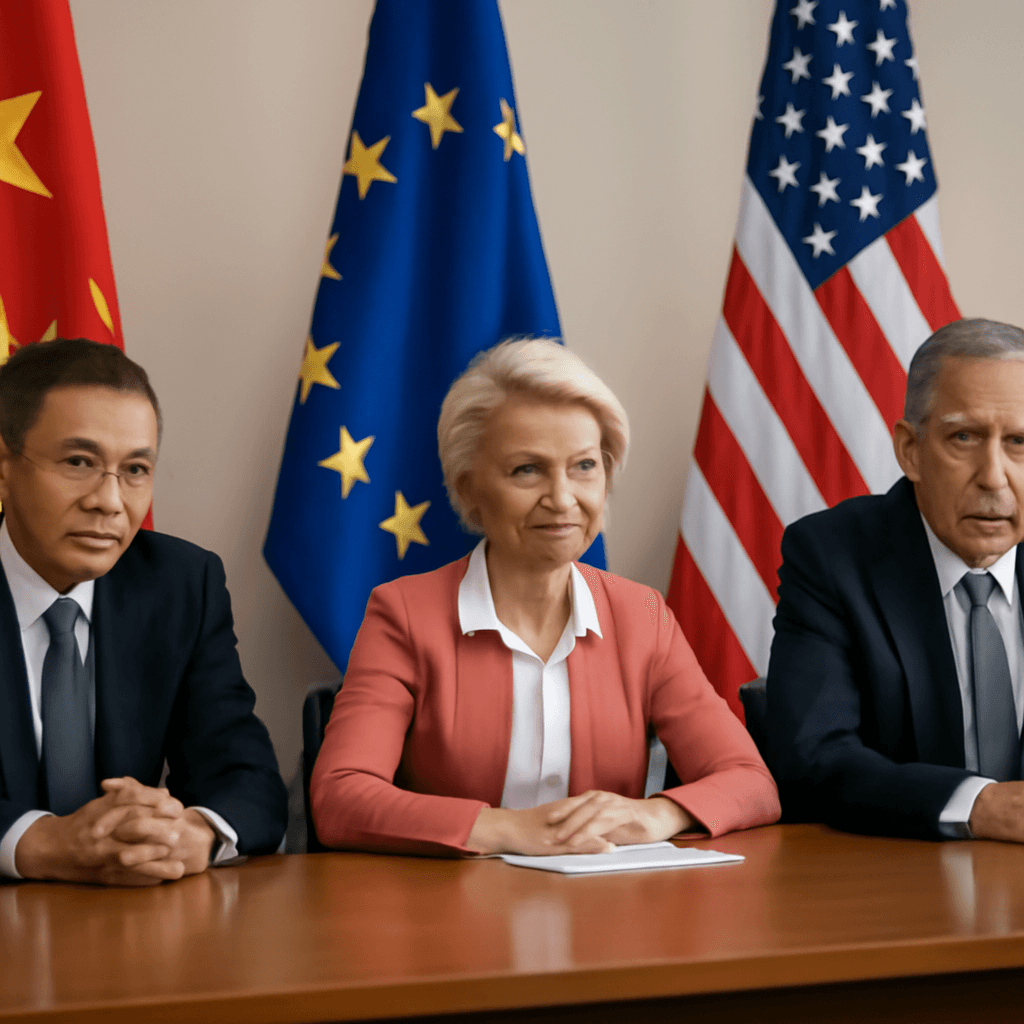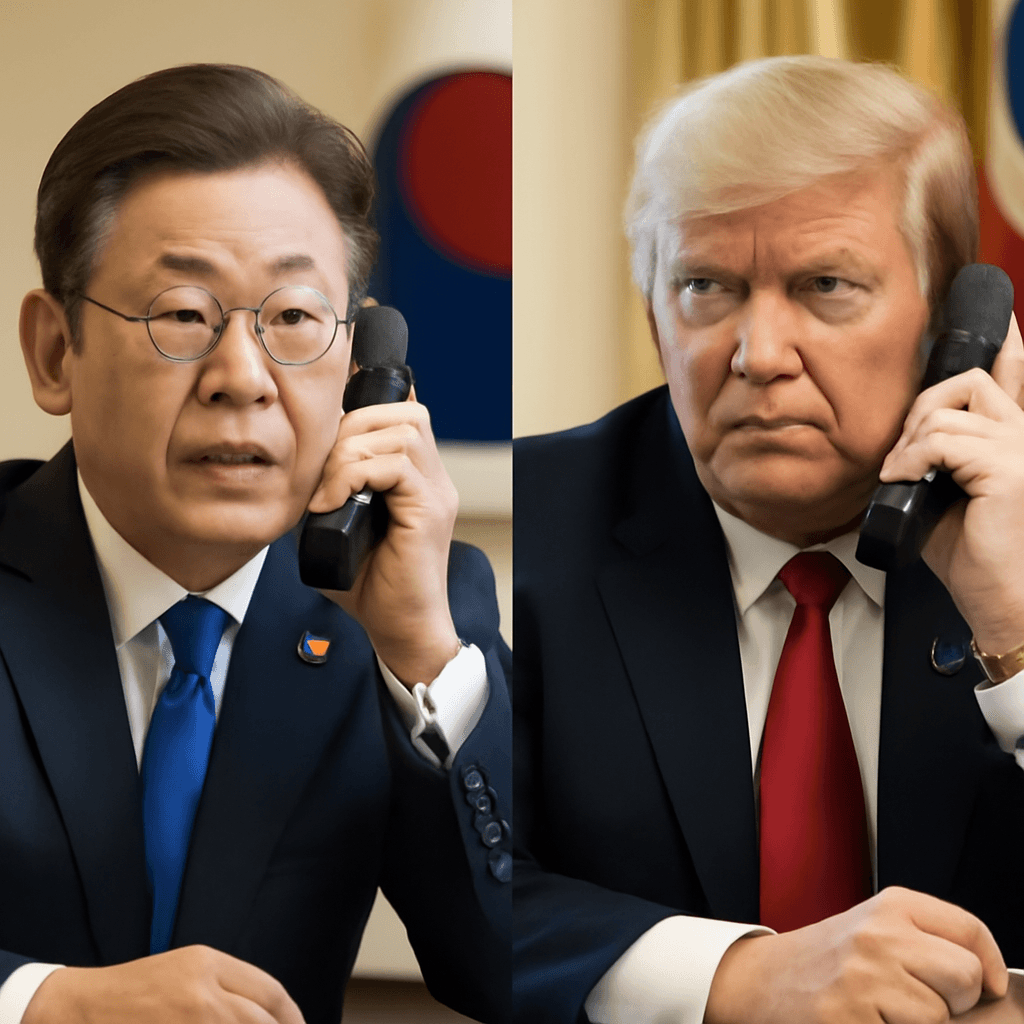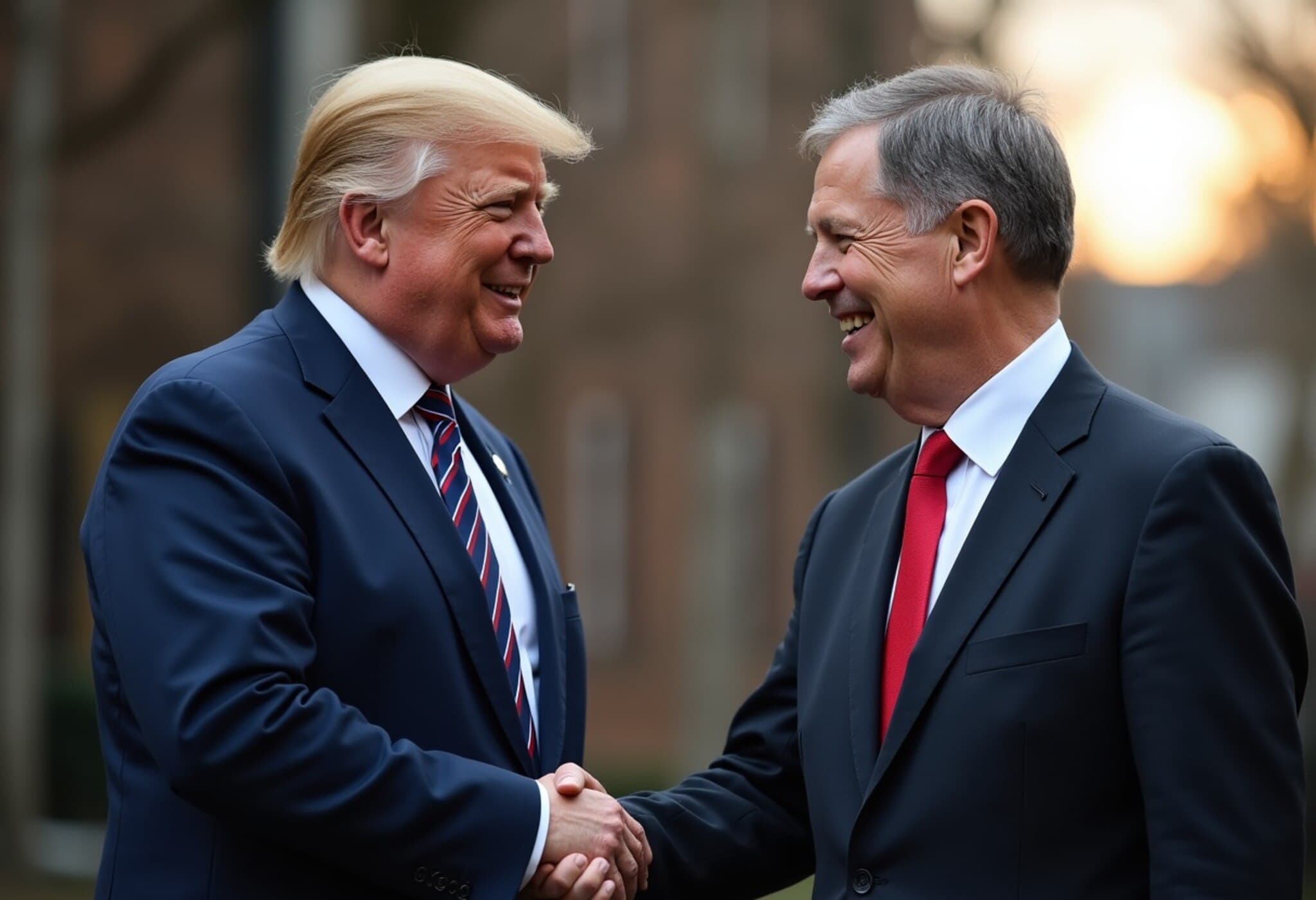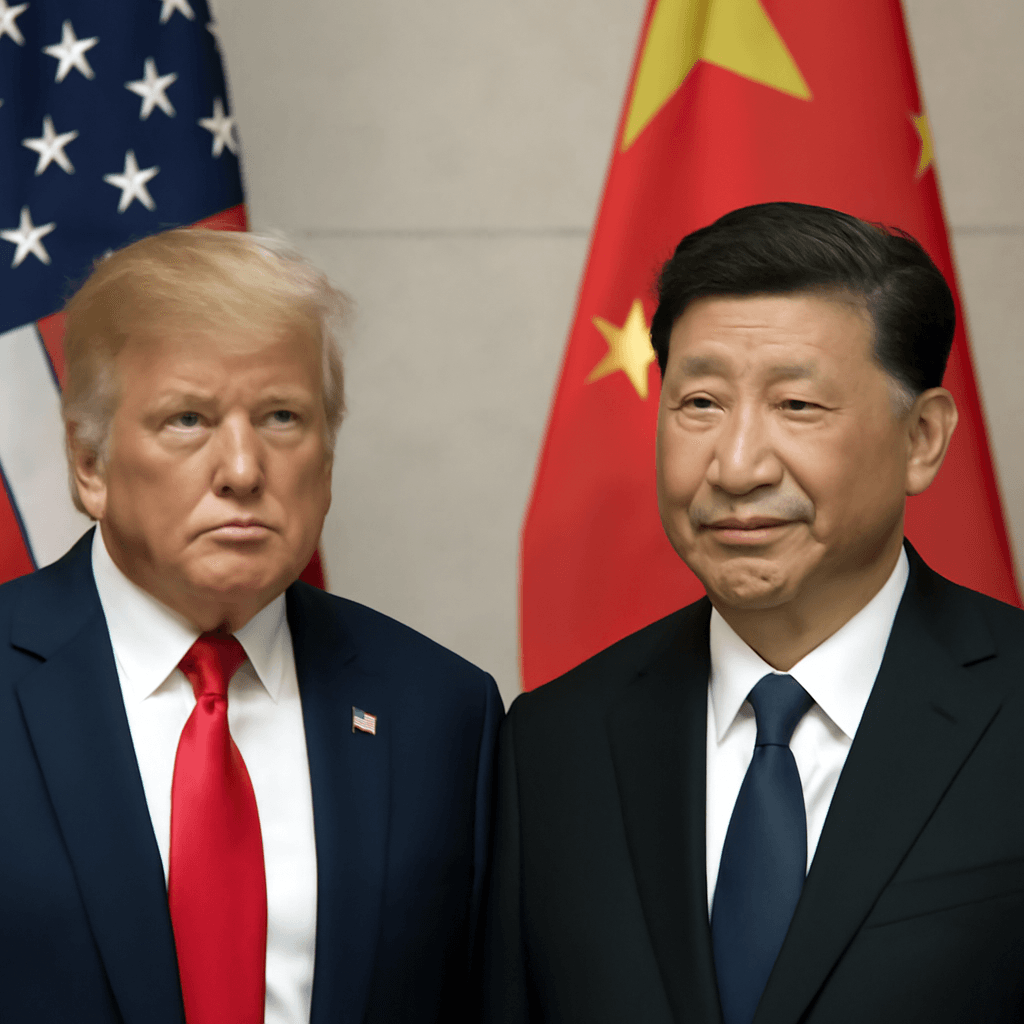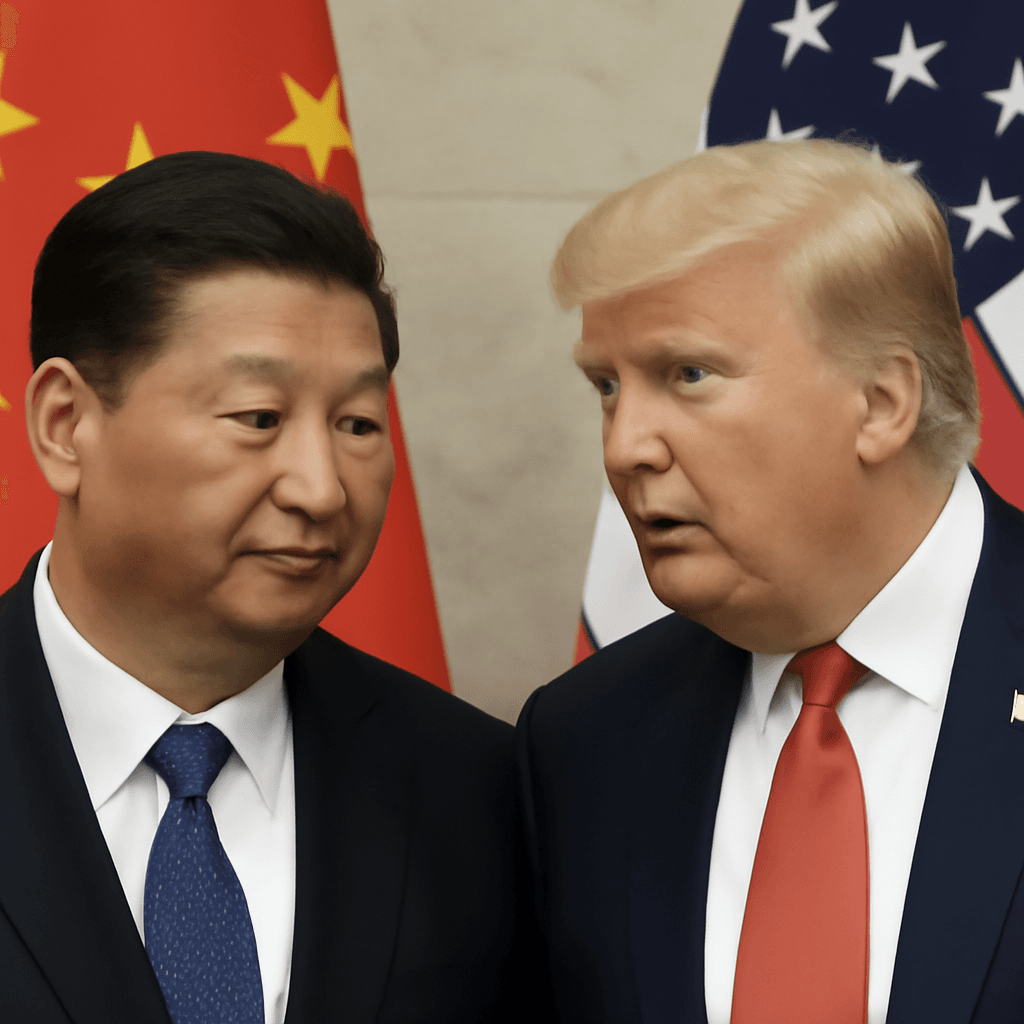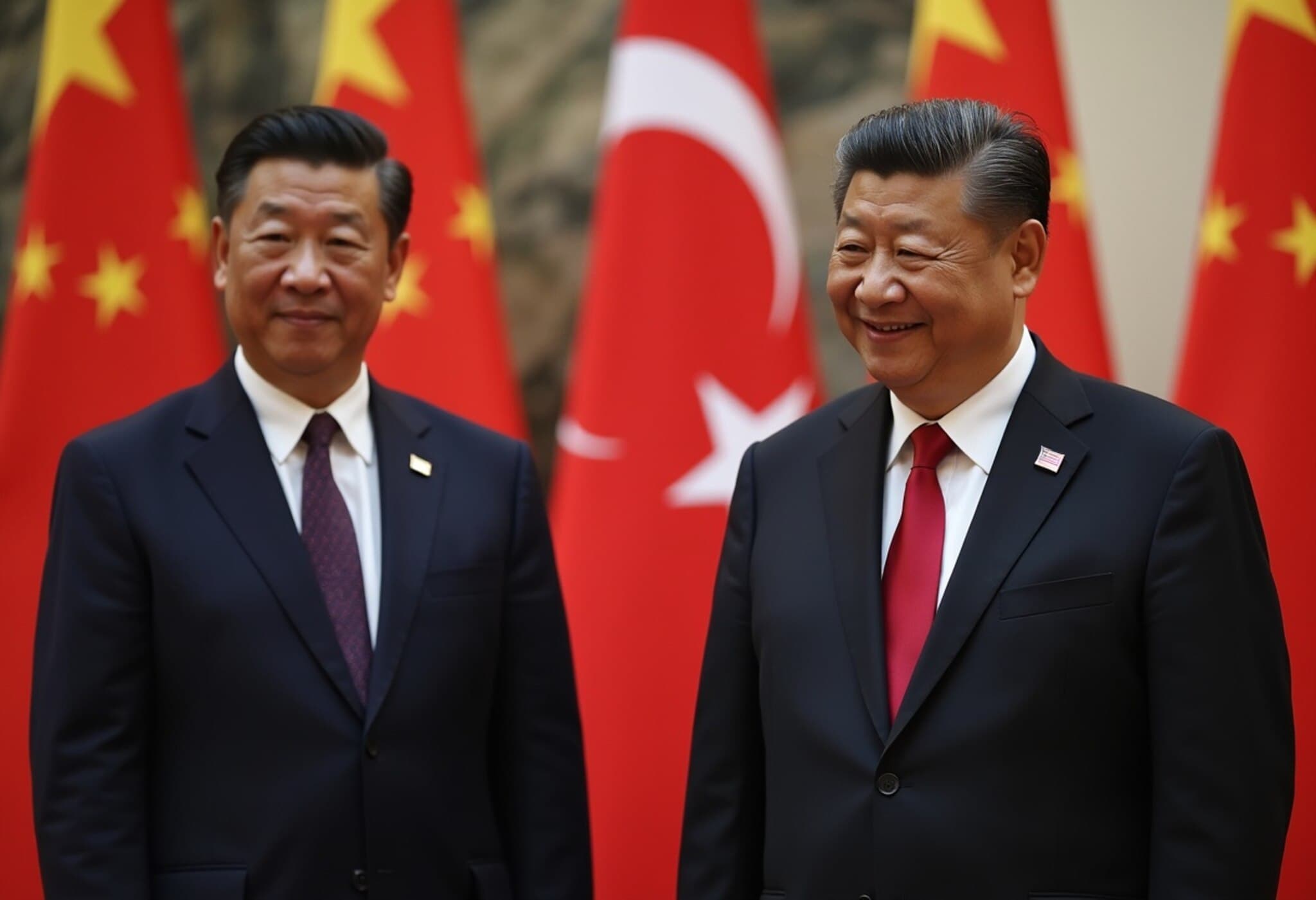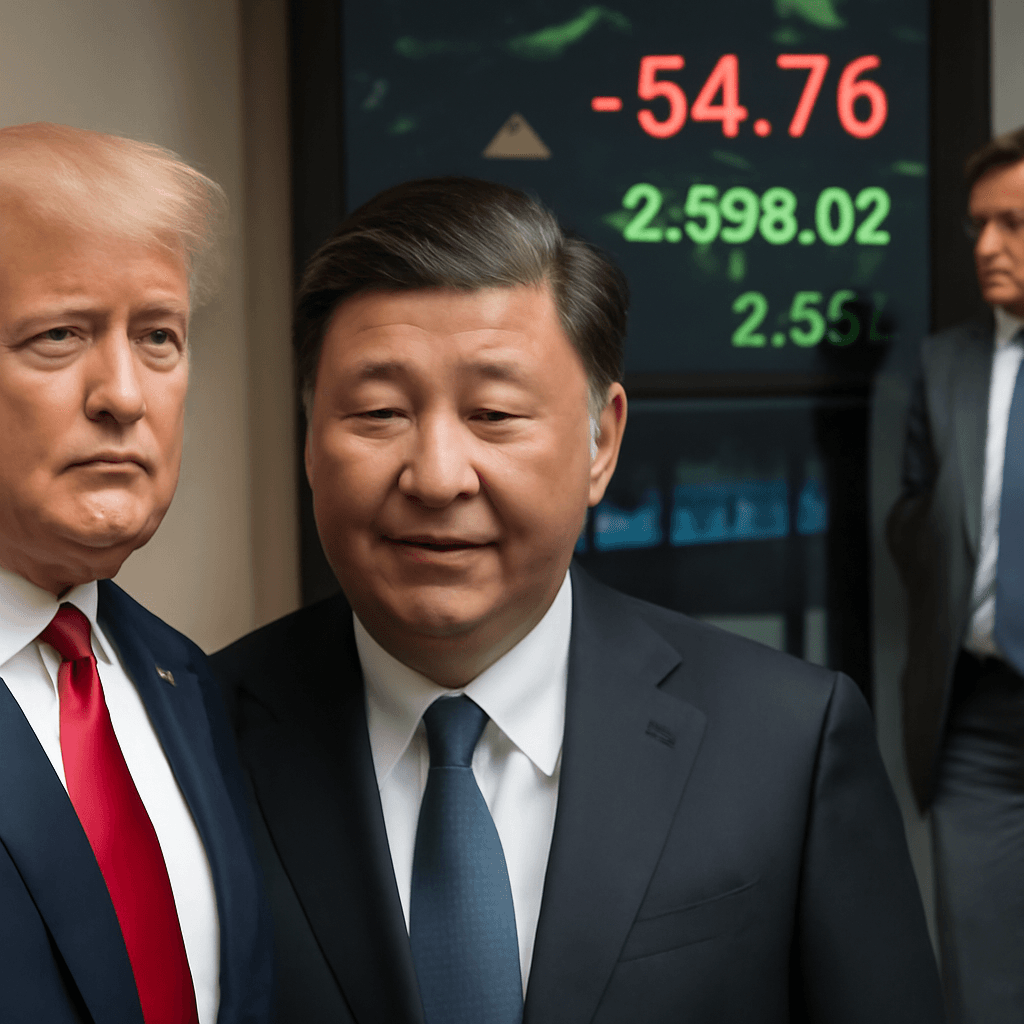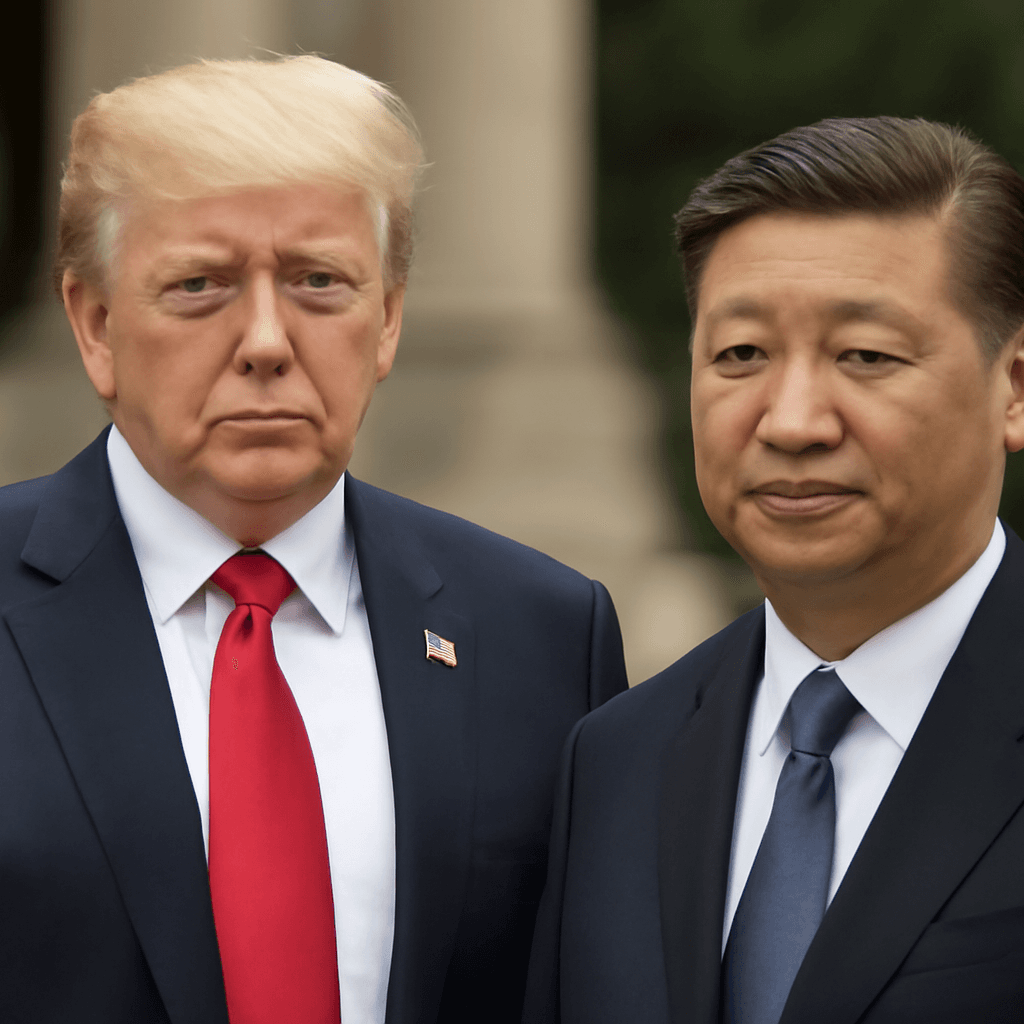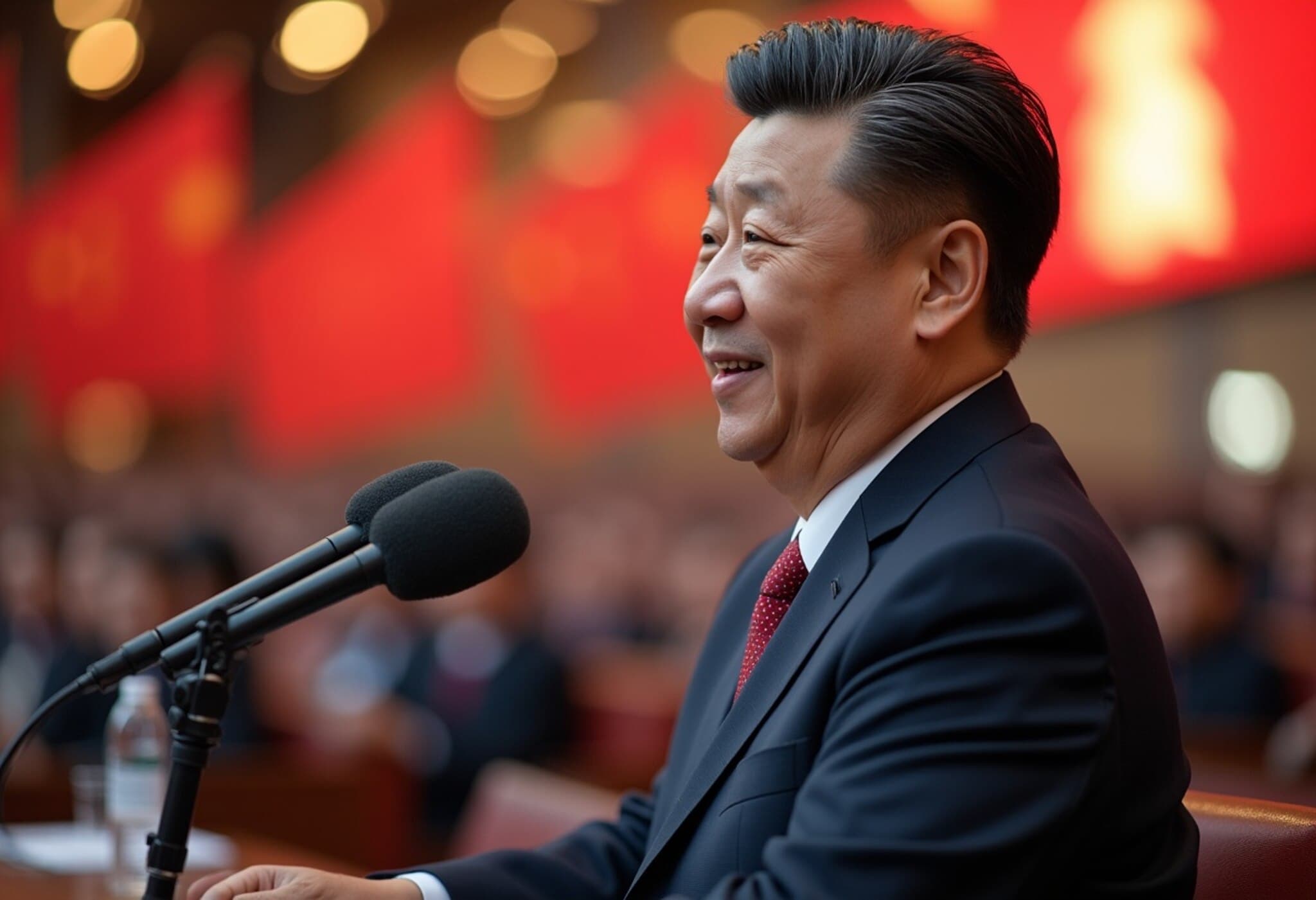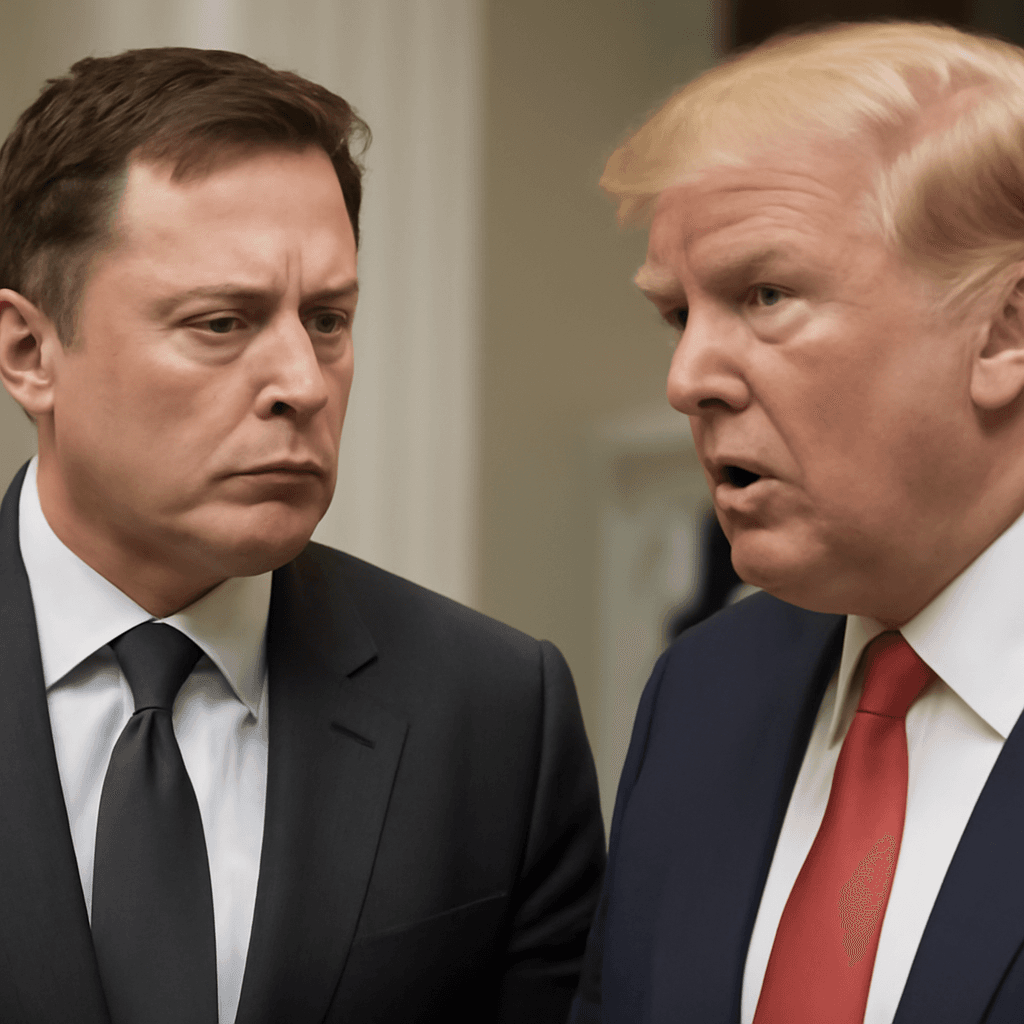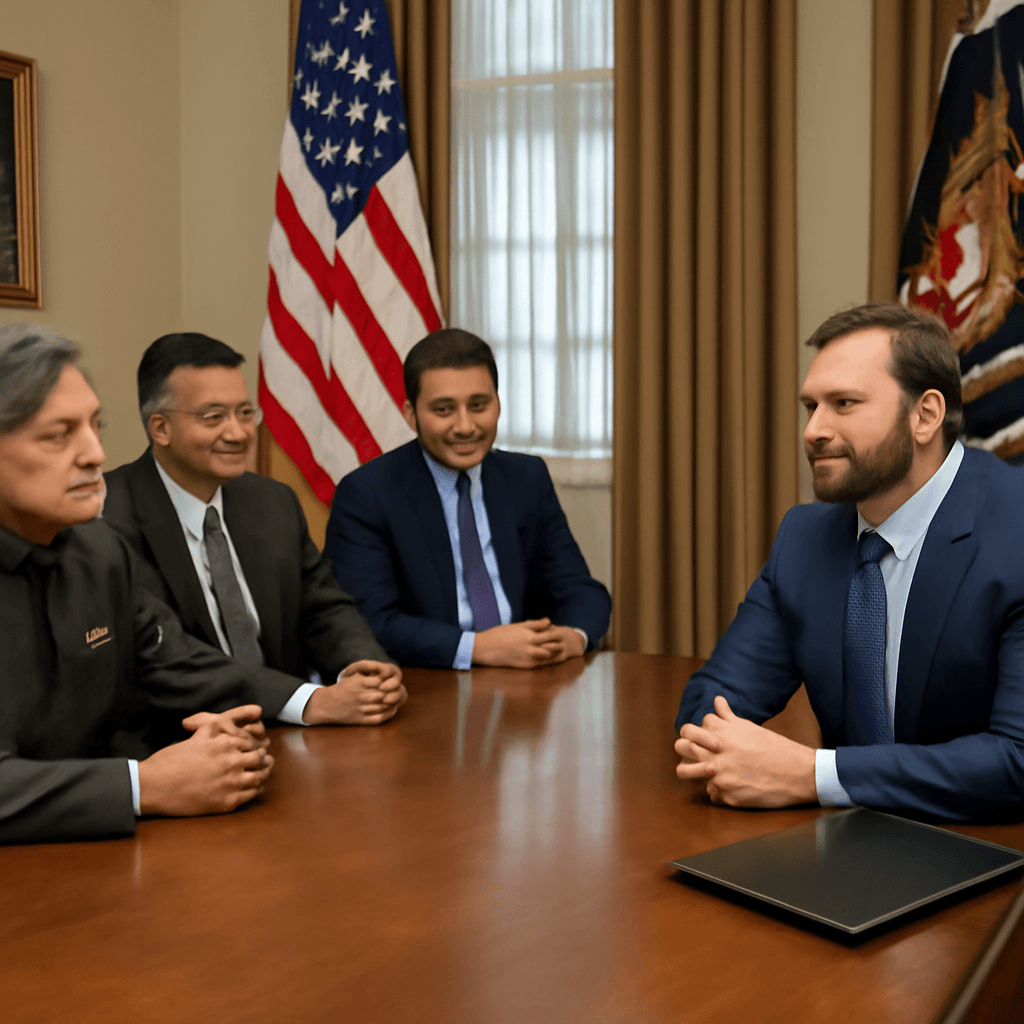Trump and Xi Jinping Hold Extensive Trade-Focused Discussion
US President Donald Trump and Chinese President Xi Jinping engaged in a comprehensive 90-minute phone call, primarily centered on trade issues between the world’s two largest economies. The conversation, initiated by Trump, marked a significant step in addressing ongoing trade tensions.
Key Highlights of the Call
- The call lasted approximately one and a half hours and was described by Trump as "very good" and productive.
- Discussion was focused almost entirely on trade, with no conversations on geopolitical issues like Russia-Ukraine or Iran.
- A notable outcome was the clarification of complexities related to rare earth products, which have been a pivotal point in trade disputes.
- Both leaders agreed to send negotiation teams to meet in the near future to further advance trade arrangements.
- President Xi extended an invitation to President Trump and the First Lady to visit China, which Trump accepted, signaling goodwill between the nations.
Addressing Rare Earths and Trade Tensions
Rare earth elements, vital for high-tech manufacturing, have been a contentious issue amid the trade war. The call apparently resolved many ambiguities surrounding this topic, easing tensions that threatened the fragile trade truce established earlier.
Trade negotiations between the two countries had seen previous agreements to roll back tariffs imposed during the ongoing trade war reignited since Trump's return to office in January. However, challenges related to critical minerals remained a sticking point.
Next Steps in US-China Trade Talks
Representing the United States in forthcoming meetings will be Treasury Secretary Scott Bessent, Commerce Secretary Howard Lutnick, and US Trade Representative Jamieson Greer. The location and exact date of these meetings are yet to be determined.
This discussion signals renewed momentum in diplomatic engagement on trade, with a particular focus on securing stable supply chains for critical mineral resources.

